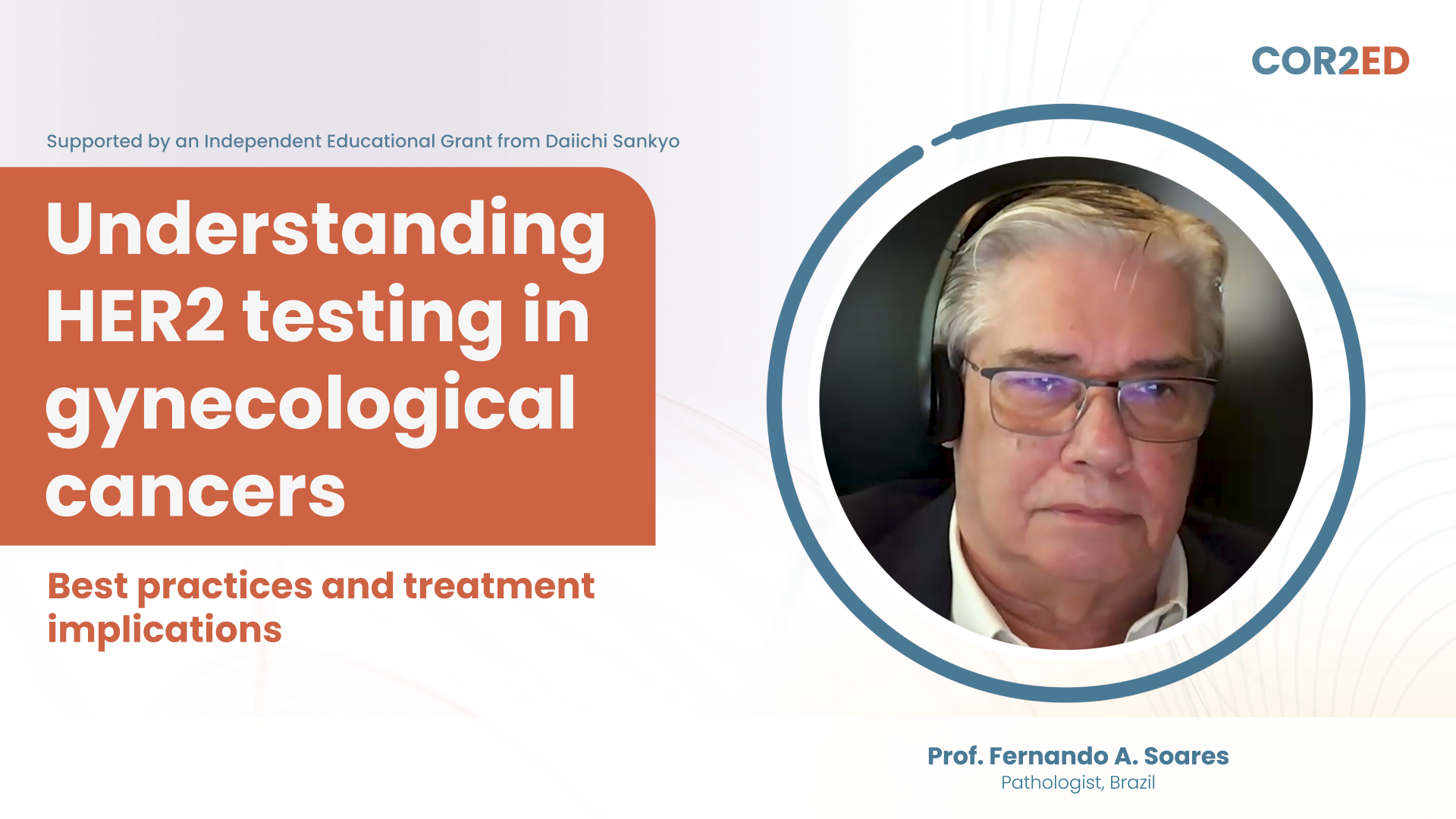Escuche el Episodio 2 - El potencial de los inhibidores de PARP en el cáncer de próstata: lo que las enfermeras deben saber
El potencial de los inhibidores de PARP en el cáncer de próstata: lo que las enfermeras deben saber (Episodio 2 de 3)
En este episodio, Pablo Peinado y la Dra. Elena Castro analizan los inhibidores de PARP, cómo funcionan, revisan los datos clave de los ensayos, cómo seleccionar los PARPi para sus pacientes con cáncer de próstata y dónde encajan en la secuencia general del tratamiento, además de brindar información sobre la comunicación con los pacientes, los PARPi que actualmente se encuentran en una etapa avanzada de desarrollo y el posible uso futuro de PARPi en combinación con inmunoterapias o inhibidores de la vía del receptor de andrógenos.
En el Episodio 1, Pruebas genéticas e inhibidores de PARP en el cáncer de próstata, Joanne Chien y el Dr. Alexander Wyatt analizan las alteraciones genéticas en el cáncer de próstata y por qué debemos considerar las pruebas genéticas al pensar en opciones de tratamiento como los inhibidores de PARP (PARPi). La discusión cubre por qué se deben realizar pruebas genéticas, quién debe someterse a las pruebas, cómo realizar las pruebas y qué significa esto en relación con el tratamiento con inhibidores de PARP.
El Dr. Alexander Wyatt explica la diferencia entre las mutaciones somáticas y de la línea germinal y Joanne Chien analiza el papel de la enfermera durante las discusiones de asesoramiento genético y cómo este papel puede evolucionar en el futuro. Finalmente, también se consideran los ensayos en curso de inhibidores de PARP en combinación con otros tratamientos para el cáncer de próstata y si es probable que el resultado de estos ensayos afecte a la necesidad de realizar pruebas genéticas.
En el tercer y último episodio, Inhibidores de PARP en el cáncer de próstata: manejo de eventos adversos y la importancia de la comunicación con los pacientes, el Dr. Jason Alcorn y la Dra. Alicia Morgans analizan los eventos adversos asociados con los inhibidores de PARP y el manejo de los mismos, en particular trombocitopenia, efectos gastrointestinales y fatiga. Jason proporciona información sobre cómo las enfermeras apoyan y se comunican con los pacientes, la importancia de la notificación temprana de los efectos secundarios y cómo manejarlos. Finalmente, también se consideran los ensayos en curso de inhibidores de PARP en combinación con otros tratamientos para el cáncer de próstata y lo que estos ensayos pueden significar para los pacientes.
Este podcast GU NURSES CONNECT también está disponible en




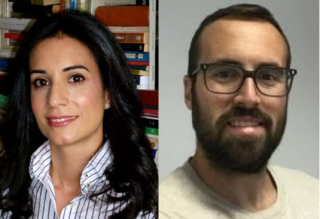

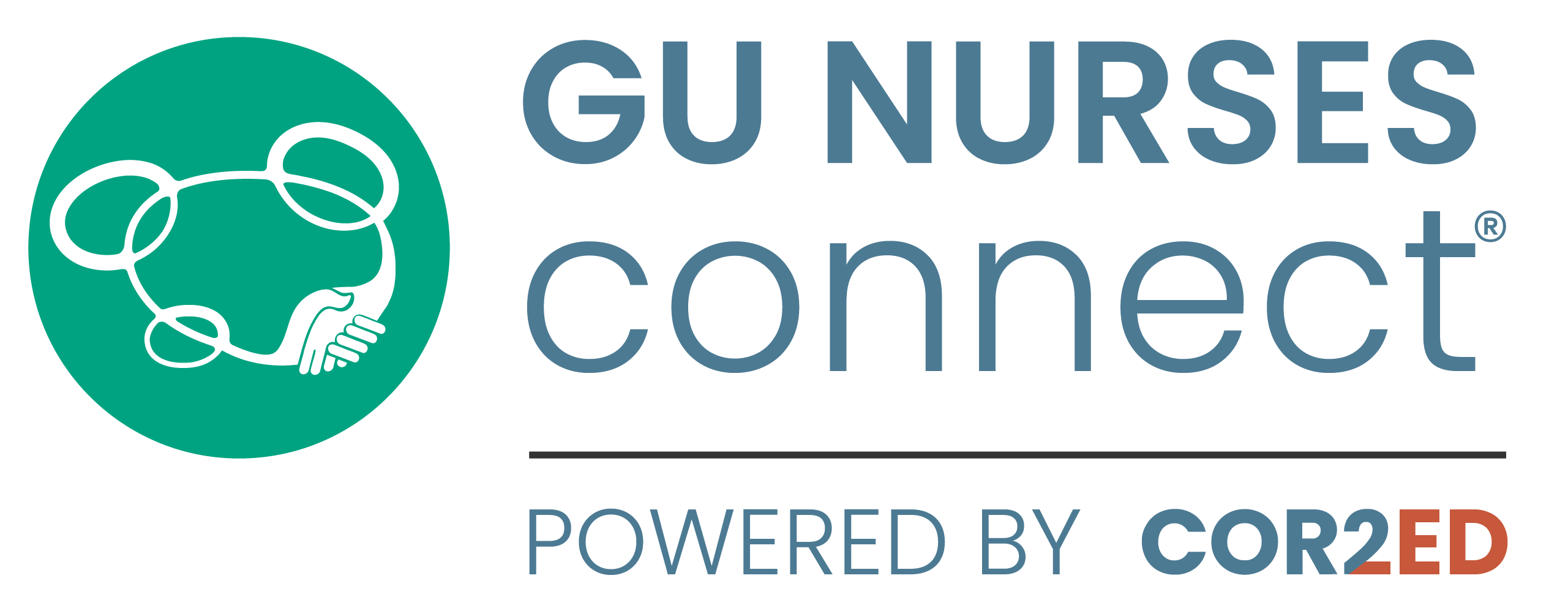
 Downloadable
Downloadable 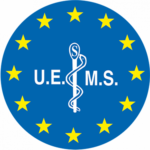

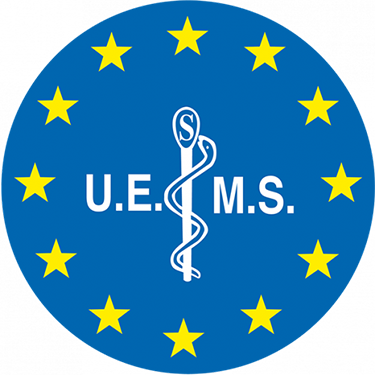


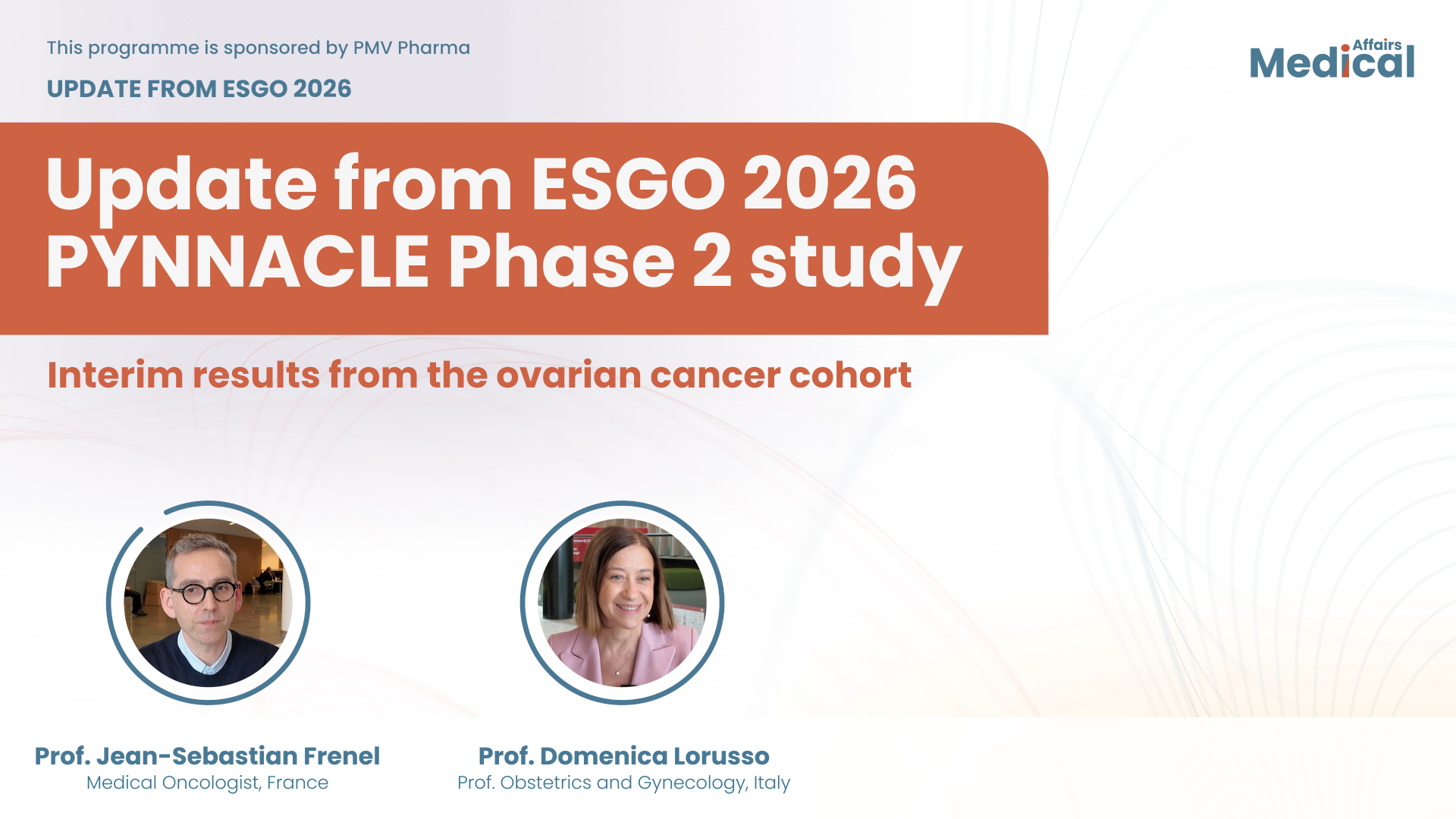
 5 MIN
5 MIN
 Mar 2026
Mar 2026 

